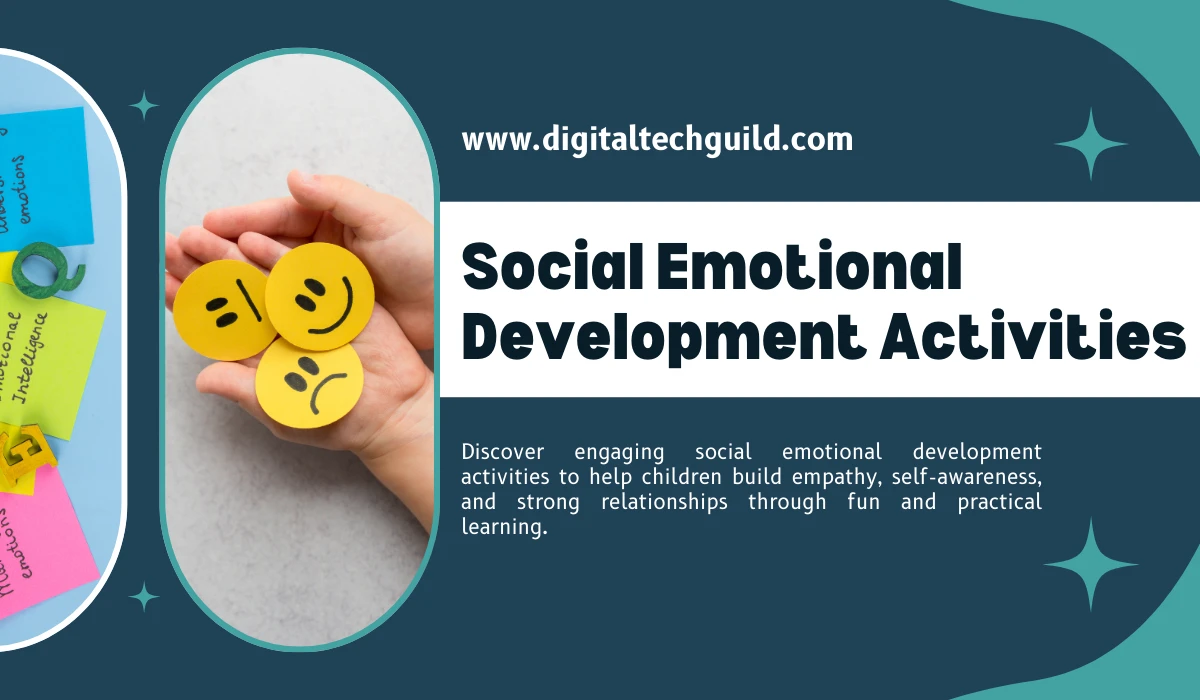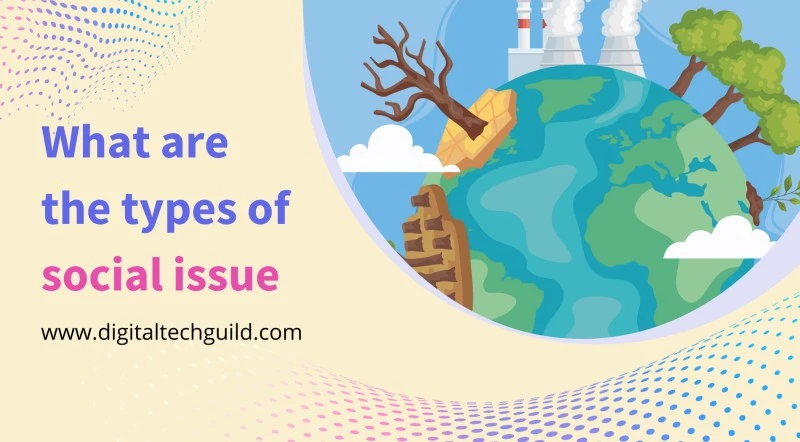Companies are implementing enterprise social media networks (ESNs) to assist their staff remain engaged and become more efficient. This tutorial will define ESNs, describe the social technologies that workers use to communicate and cooperate inside the organization, and show how social media platforms improve corporate performance.
What is an Enterprise Social Network?
Enterprise social networks are private online social networks. A company's corporate social media network differs from a public social media network for professionals, such as LinkedIn.
Enterprise social networks facilitate cooperation when some team members work remotely while others work in the company's headquarters. They generally consist of the following elements:
All of these pieces are integrated into the same communication platform.An enterprise social network (ESN) is the ideal platform for enabling team members to interact and cooperate across silos. It increases staff engagement and encourages innovative idea sharing. When these instruments are utilized together, productivity increases.
Where Enterprise Social Networks Came From
How did corporate social networks get started?In the early 1990s, internet users started coming online to communicate and build communities based on common interests. Websites were incredibly popular platforms to share material back then. These early instances laid the groundwork for current social media platforms such as Twitter, Facebook, and LinkedIn, which many people use today.
Jabber and Yammer, for example, have grown in popularity among corporate users. Yammer was a social network similar to Facebook, however it was only utilized internally. It enabled users to converse with one another using the platform's interface. Businesses valued having a single platform for communication and collaboration. This made it easy for people to keep updated. Microsoft bought Yammer in 2012. The business then built Microsoft Teams on the Yammer paradigm.
Use Cases of Enterprise Social Networks
Businesses are starting to understand the capabilities of enterprise social networking software to create value in their organizations by improving communication, knowledge sharing, and collaboration. The following are some examples of use cases for enterprise social networking software:
Internal Communications
Enterprise social networks enable members to have casual chats. They are ideal for developing connections among colleagues. They are particularly successful in communicating workplace change, clarifying company regulations, and introducing new workers to the rest of the team.
Team Collaboration
When a group of employees is working on a presentation or preparing a report, team collaboration software can streamline the process. Enterprise social networks make it easy to collaborate with other team members to get work completed.
Community
The Community function creates branded spaces where people who have common responsibilities and interests can share their knowledge. These individuals can gather and build relationships, which increases employee engagement and translates into higher job morale. Employees are happier and more productive.
Social Customer Service and Extranets
At times, company employees may need to work with an external team (such as contractors and public relations firms) to launch a new product or service. These shared projects must be conducted in a controlled environment. Extranet software with enterprise social networking capabilities has the capability to monitor and provide direction for these types of projects.
ESN software provides users with a collaborative, regulated environment that allows them adequate freedom to fulfill their tasks. Its collaboration capabilities enable teams to exchange files, ideas, and communicate in real time.
Customer service may be enhanced using ESNs. Customer service professionals may get expertise from the company's internal network, while the public-facing component of the ESN software can give help from inside. The organization only uses one system, thus there is no need for steep learning curves when educating team members.
Integrated ticketing systems enhance customer service efficiency and speed. The consumer explains the problem they are experiencing by filling out an online form, and a customer support person will react to the questions in the order they were received. The consumer may offer billing or receipt numbers to assist the customer support professional. To maintain high levels of customer satisfaction, the staff is available to react to concerns at any time of day.
Why is an Enterprise Social Network Important for a Business?
Enterprise social media benefits can positively impact employees’ professional lives and help the company to thrive.
Efficient Communication
ESNs make communication between colleagues easier by replacing long email threads with public or private messaging channels.Workers may interact via private channels and messaging inside ESNs. Employees may monitor the chats to ensure they are not missing any important facts.
Technology makes corporate directories more accessible. Employees do not need to spend time searching for email addresses to convey messages to colleagues. Instead, they may locate their colleagues in real time for communication reasons.











